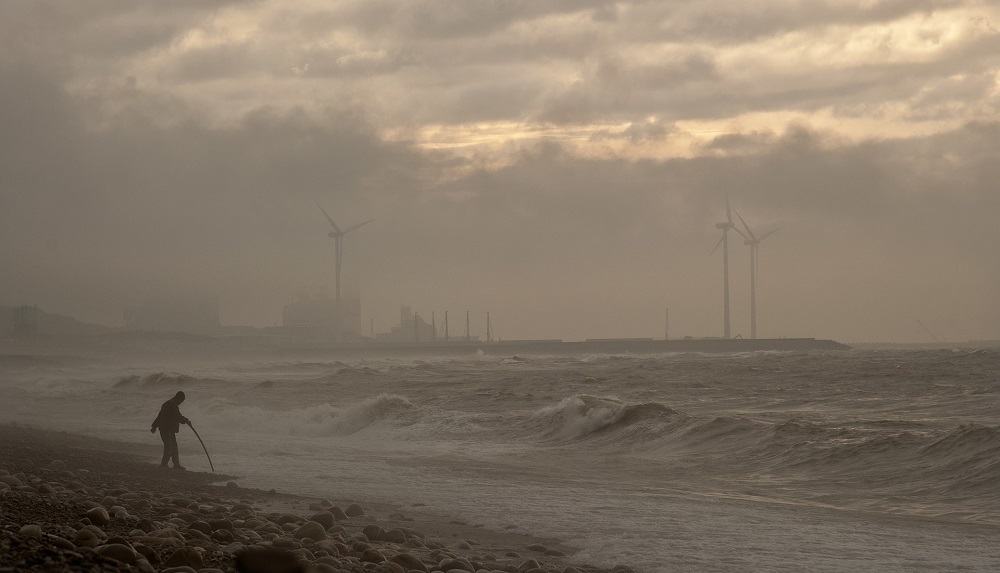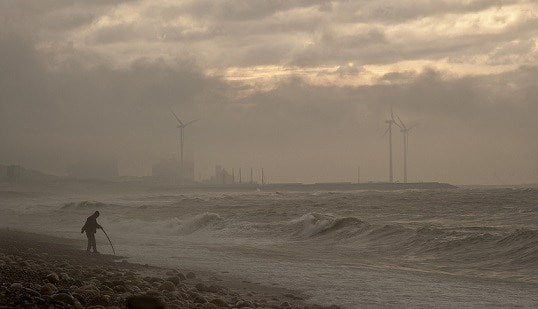We hear a lot about the weather at this time of year. Just last week we saw the destructive power of Storm Desmond and the misery it caused to parts of the country. We also saw climate change rise to the top of the media’s agenda, with the recent talks in Paris highlighting that extreme weather conditions, flash floods and a loss of power are all likely to become more prevalent in the not too distant future.
Add to this dilemma the UK’s aging power infrastructure and the prospect of the National Grid running precariously close to capacity in the coming months and it is clear that the alarm bells should be ringing; UK businesses need be prepared.
This concern is backed up by numerous studies, including a new report by the Centre for Policy Studies (published 18th Nov 2015), which warns that Britain ‘is on the verge of an energy crisis’ with electricity demand predicted to outstrip supply in early 2016 for the first time.
Energy analyst Tony Lodge’s report highlights that decades of energy policy mismanagement have overseen the shutdown of energy plants vital to Britain’s long-term energy security. Now, for the first time, Britain will not have enough energy generation capacity to cover forecast demand from next year due to the systematic early closure of power plants.
Perhaps even more concerning is the fact that the Centre for Policy Studies’ report is based on known and predicted capacity and does not take into account any requirement to suddenly take a power generating facility offline due to an emergency, such as a severe storm. Regardless of this additional danger, with average dispatchable capacity by the end of March 2016 calculated to be 52,360MW and the National Grid’s own 2015/2016 Winter Outlook forecasting demand to be 54,200MW, it is clear that the sums don’t add up.
So what is the answer? You won’t be surprised to hear that as a power protection provider, we believe the only solution is to ensure you are prepared for any eventuality and that you have taken the steps appropriate for your business and its critical power requirements.
In the event of a loss of power, your UPS power supply can provide emergency power for between 10ms and potentially a few hours and enable a safe and orderly shutdown of your systems in the process. But, if you simply can’t afford any loss of UPS power supply, a back up diesel generator would be required. The decision to be taken is what is right for your business. Do you require 24/7/365 uninterrupted power supply for your core operation or would a UPS system designed to simply power your emergency lighting be sufficient?
All investments need to be justified and costs judged against the business’ needs but few issues have the ability to cause as much damage as a total loss of power. With this in mind, take the time to ask a few questions and make sure you have the right level of protection in place to safeguard your operation this winter.
For help in selecting the right UPS visit our Guide to Choosing a UPS or call us on 0800 731 3269.
Follow us on LinkedIn for regular industry articles & company information






